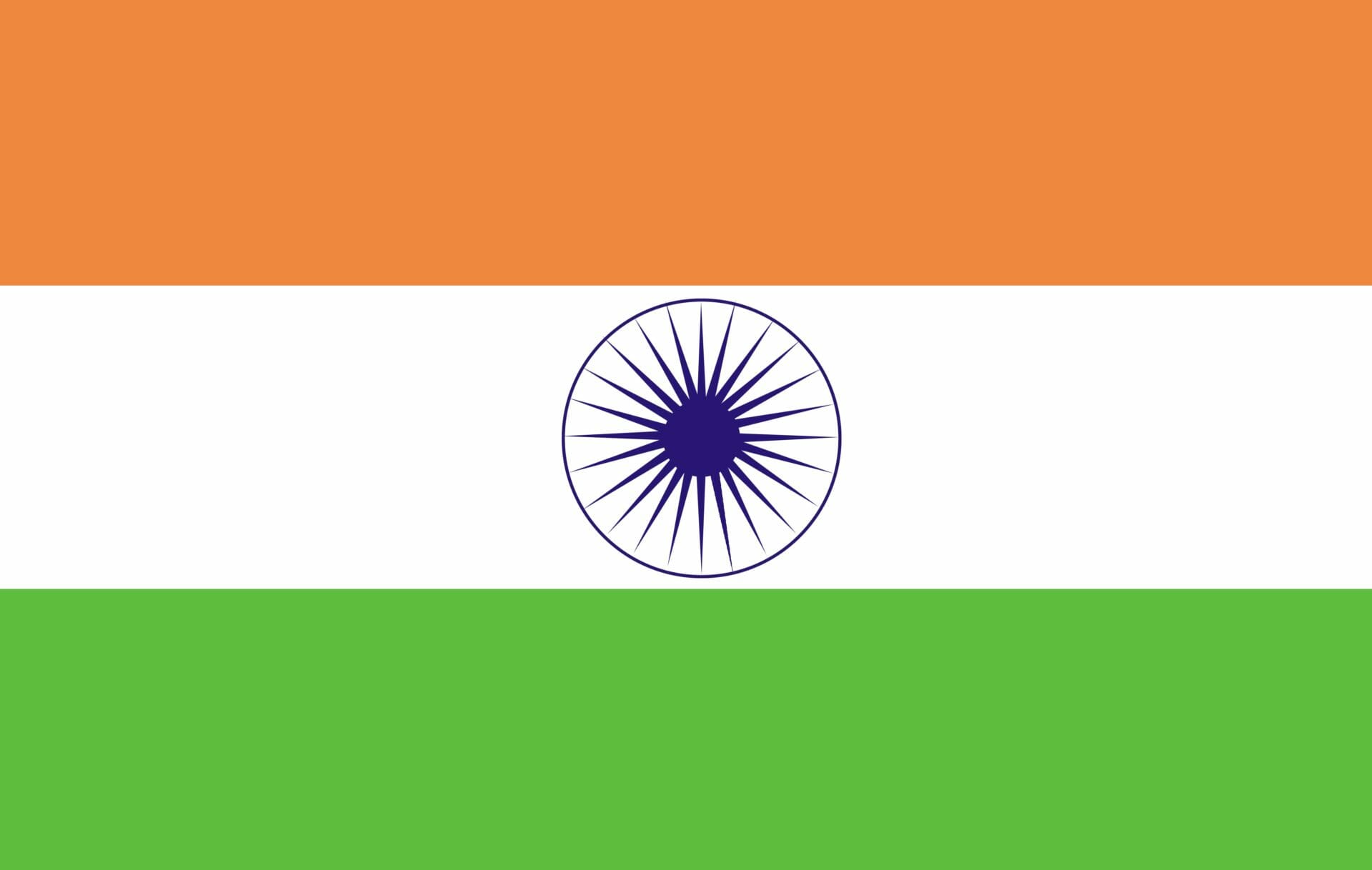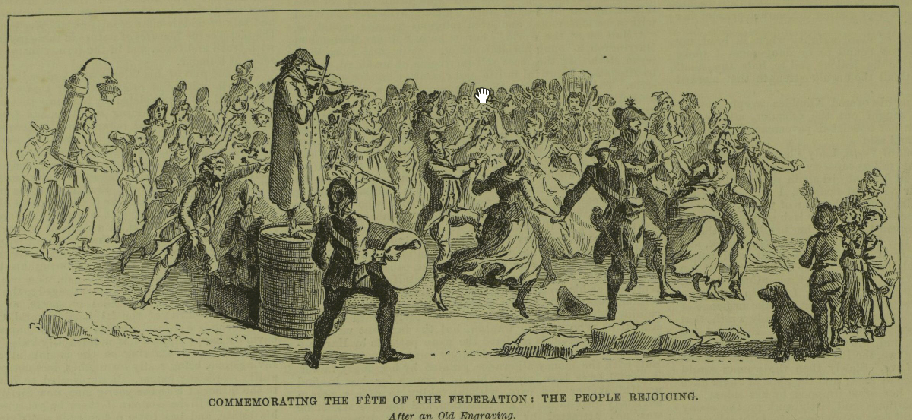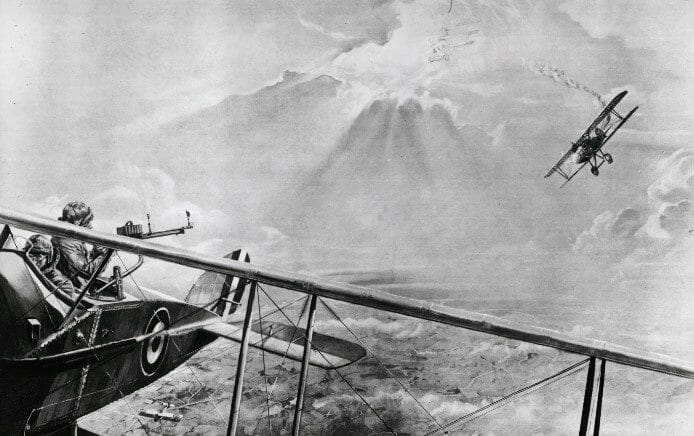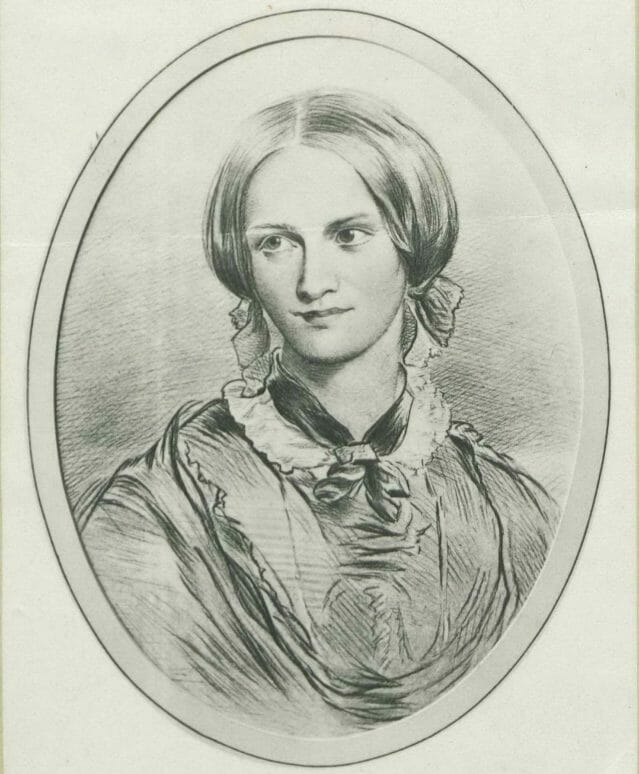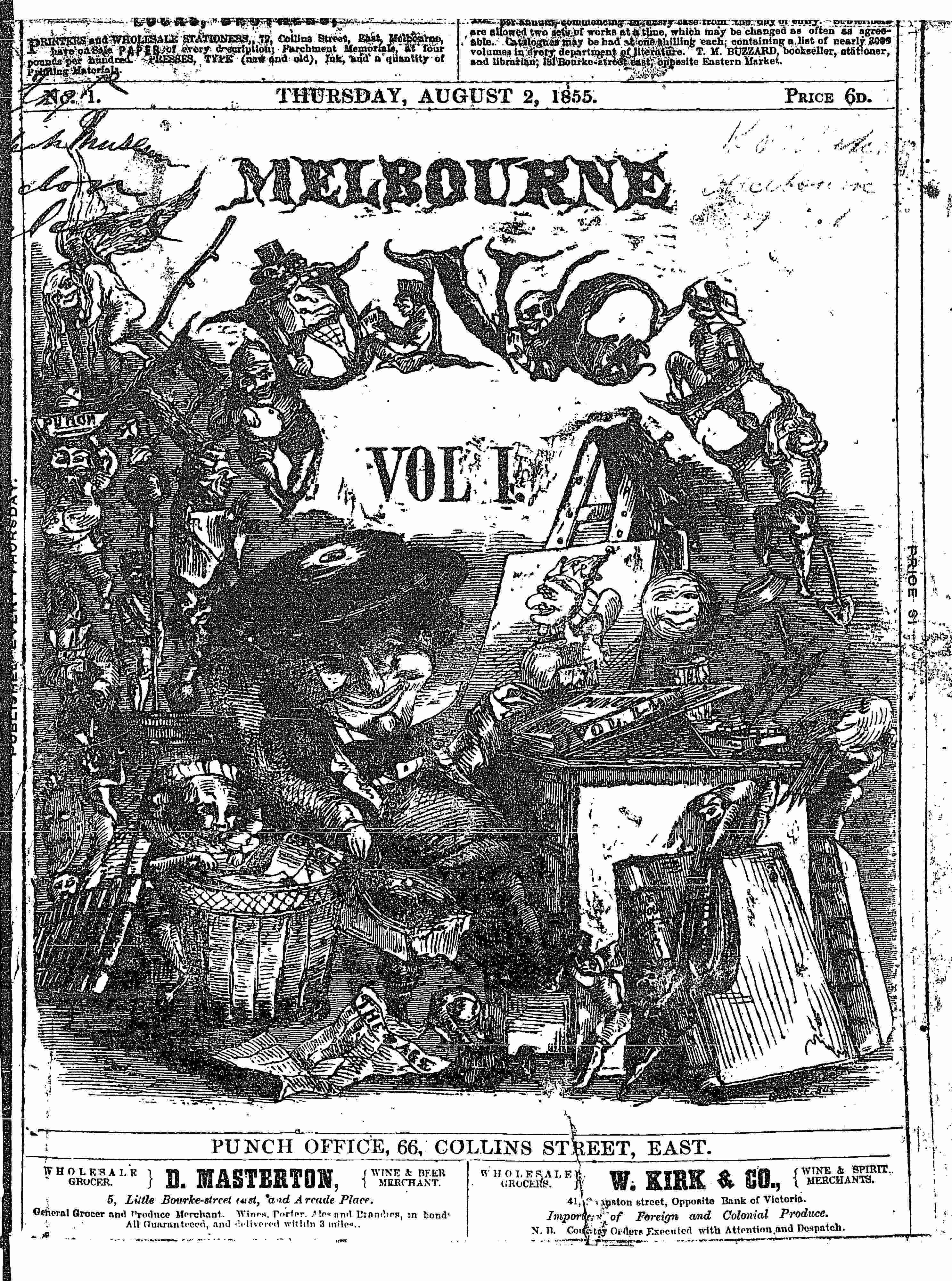Elvis Presley was just 41 when he died in August 1977. So much had been achieved in just over twenty years; a young country boy had risen exponentially to become one of the biggest – perhaps even the biggest – icons of twentieth-century popular culture. Looking back over his career with Gale’s digital archives reveals a more personal, introverted side to the man who became known as ‘the King’.
Anniversaries
India Independence day is today
by Naina Malhotra
August 15, 1947 was the day when the tricolor was raised and Independent India emerged. It has been a revolutionary period of more than 60 years for India since the nation became independent from colonial rule. I was curious to go down the history to find out how the changes took place through these years, looking at Gale resources:
Bicycle Races are Coming Your Way: following the Tour de France in Artemis Primary Sources
This year’s Tour de France is about to end, and like every tour it has seen its fair share of drama. The tour is still ongoing at the time of writing with Britain’s Chris Froome once again wearing the yellow jersey. It hasn’t been an easy ride for Froome, as a collision with a race motorcycle forced him to abandon his bike and run to the finish line atop the colossal Mont Ventoux. Collisions between riders and other road users are unfortunately common occurrence in the Tour, as I found in Gale Artemis: Primary Sources…
“Hurrah for the red, white and blue”
14th July is the day of “fête nationale” in France, or “Bastille Day” as it is known in English, falling on the anniversary of the storming of the Bastille prison on 14th July 1789, in the early days of the French Revolution. It is a day of popular celebrations, grand military parade and lavish fireworks. Contrary to the 4th of July, the American Independence Day celebrating events of 1776, the 14th July was slow to establish itself firmly as a date of national celebrations in France. The chequered history of this holiday can been traced in Gale’s rich newspapers archives.
Bombs, Shells and Steel: Revisiting the Battle of the Somme
‘It ain’t the guns nor armament
Nor funds that they can pay,
But the close co-operation
That makes them win the day.
It ain’t the individual,
Nor the Army as a whole,
But the everlasting teamwork
Of every bloomin’ soul.’
Gazza, Platini… and Zagorakis: Five Highlights from European Championships Past
It is a familiar time for football fans across Europe. Flags decorate bedroom windows, cars, and the faces of millions of hopeful fans, believing that this may be their year. It can only mean the beginning of another football tournament: UEFA Euro 2016.
History of the Dragon Boat Festival
By Cathy Huang
Today marks the annual Dragon Boat Festival, commemorating the dead, observed primarily in central and southern China. It occurs on the fifth day of the fifth lunar month and falls between 28 May and 25 June in the Western calendar. During this festival, people along the sea coasts and major rivers compete in races in boats made from wooden planks and carved with dragon heads and tails.
Happy Birthday Charlotte Brontë!
April 21st would be Charlotte Brontë’s 200th birthday. As Jane Eyre is my favourite book and as a fan of Brontë’s in general, I jumped at the chance to do a little research on her and her work. I knew that some letters of Brontë’s had been published in The Times in the early 20th century, so I used those and Elizabeth Gaskell’s biography (both available via Gale Artemis: Primary Sources) to do a little digging. Having read Jane Eyre every year for the past 20 or so years I thought I knew everything there was to know about its history, but I was a little surprised by some of the things I found out…
Packing a Punch in Colonial Australia
With Australian Heritage Week nearly upon us (16 – 24 April), the following is a post concerning a particular perspective of Australian colonial history, being a perspective that can be researched in detail with Gale Primary Sources collections. It concerns Australia’s paradoxical relationship with England since 1788, as reflected within the pages of London’s Punch magazine and its Australian editions – most of which can be seen in Gale Primary Sources collections, Punch Historical Archive, 1841 – 1992 and 19th Century UK Periodicals.
The Women who Lived Through Verdun: 100 Years On
It is widely regarded as the battle of the First World War; an enormous clash of attrition which epitomised the bloody stalemate of the war. The ten-month Battle of Verdun began 100 years ago, with German Chief of Staff General von Falkenhayn seeking to ‘bleed France white’ by launching an all-out attack on the narrow stretch of land at Verdun. Over a thousand German artillery guns fired upon the vastly inferior number of French troops – they had just 30,000 men, against 140,000 Germans – along a six-mile stretch of the French front. The battle which followed was to last for over 300 days. By looking at personal sources from Nineteenth Century Collections Online, the sheer scale of this part of the conflict is clear to see.


